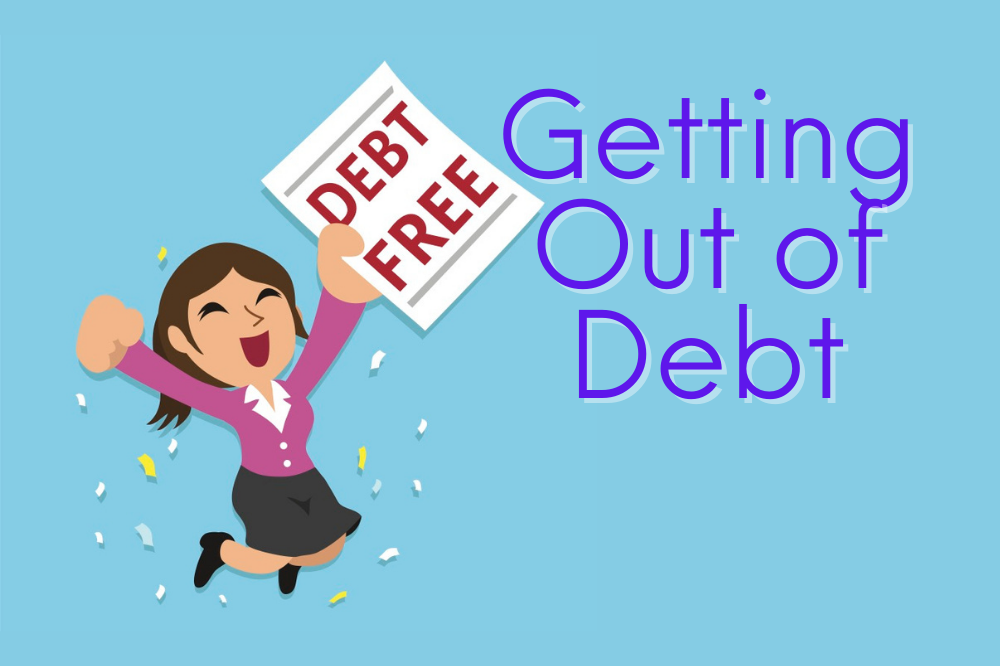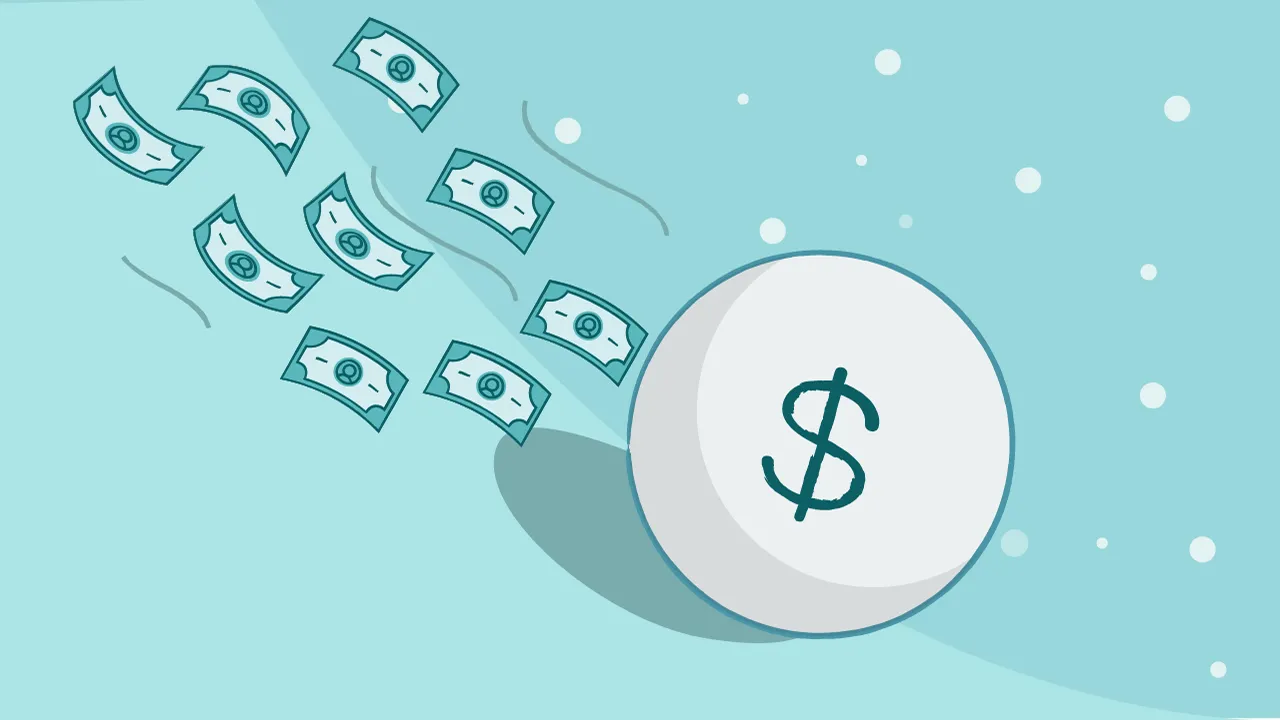Quickest Way to get Out of Debt

Getting out of debt can feel overwhelming, but small changes and smart decisions can make the path easier. Debt is often taken on quickly, yet getting out of it requires time and effort. People have been trapped in cycles of debt for various reasons—unexpected emergencies, overspending, or life events like medical bills and job loss. However, a plan can be developed to gradually free oneself from this burden. Understanding the steps taken by those who have successfully escaped debt is key to discovering the best approach.
It has been shown that a debt-free life brings peace of mind and a sense of freedom. Not only is stress reduced, but future financial goals, such as saving for retirement or purchasing a home, become more achievable. The quickest way to get out of debt involves making decisions that, although sometimes tough, pave the way toward financial independence.
Start by Organizing Debt and Expenses

Before any action is taken, all debts must be gathered and organized. It has been found that some debts have higher interest rates than others, which can make them more costly over time. By listing out loans, credit cards, and other debts, a clear picture of the financial situation is gained. This step allows for prioritization, where the focus can be placed on paying off debts with the highest interest first. This method is often called the "avalanche" approach, which has been praised for its long-term cost-saving benefits.

Alternatively, some people choose the "snowball" method, where smaller debts are paid off first, giving a sense of accomplishment that motivates further payments. In either case, debt is reduced most effectively when high-interest loans or smaller balances are tackled early.
It should also be noted that unnecessary expenses must be cut. Subscriptions, dining out, and non-essential purchases are areas where significant savings can be made. It is often surprising how quickly these small adjustments free up money for debt repayment. Immediate relief is felt once a budget is established that directs any extra funds toward the outstanding balances.
Increase Income Streams to Accelerate Progress
While cutting costs is important, it has been seen that increasing income speeds up debt repayment even more. Many people take on side jobs or freelance work to bring in extra cash. Platforms offering gig work, online services, or even part-time jobs are commonly used to boost income. With these extra earnings, more aggressive payments are made toward debt.
Assets such as unused items can also be sold to generate funds. Selling old electronics, furniture, or other valuable items often leads to a quicker reduction in debt. This method has worked for countless people who have managed to knock off large amounts of debt in a short time frame.
It should not be forgotten that seeking a raise at work or exploring higher-paying opportunities also play a role in increasing financial stability. Many people have been able to double down on debt payments by negotiating better salaries or switching to better-paying jobs.
Debt Consolidation and Financial Counseling
For those dealing with multiple debts, debt consolidation is often explored. It involves combining all debts into one single loan, usually with a lower interest rate. The benefits of this approach include simplified payments and potentially lower monthly bills. However, it is crucial to research and understand the terms of any new loan to avoid extending the repayment period, which could result in higher long-term costs.
Credit counseling has also helped individuals organize their debts and create a manageable repayment plan. Nonprofit agencies typically offer these services, guiding people through budgeting and debt management strategies. Financial counselors provide a clear roadmap, helping to avoid common mistakes like taking on new debt while trying to pay off existing loans.
Bankruptcy is sometimes considered a last resort, but its consequences, both short-term and long-term, should be well understood before moving forward. It will greatly affect credit scores, making it harder to obtain loans or lines of credit for several years.
Long-Term Benefits and Outcomes
The outcomes of getting out of debt extend far beyond financial stability. Stress levels decrease, relationships improve, and opportunities for new financial goals are created. Those who have successfully eliminated debt often find themselves more prepared for emergencies and able to save for the future.
Once debt is cleared, new habits should be maintained to avoid falling into the same traps. It has been shown that having a solid emergency fund, avoiding high-interest debt, and continuing to budget carefully all contribute to long-term success. Financial freedom opens doors to investments, travel, and a more relaxed lifestyle that was once unreachable under the weight of debt.
Ultimately, getting out of debt takes effort, discipline, and patience, but the rewards are worth it. It is possible to break free from the cycle of debt by making smart choices and staying committed to financial goals. With the right steps, financial peace of mind can be achieved, and the future will feel brighter.





